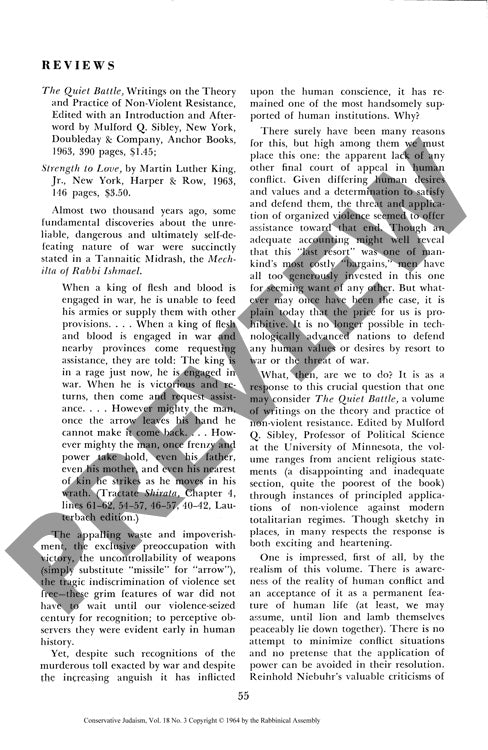Reviews
Couldn't load pickup availability
Can non-violent resistance truly succeed against totalitarian force? From ancient Jewish resistance against Caligula to Norwegian defiance under Nazi occupation, history reveals the surprising potency of non-violent methods, even in the face of brutal opposition. Through analysis of Mulford Q. Sibley's "The Quiet Battle" and Martin Luther King Jr.'s "Strength to Love," a historical and theological examination demonstrates that while warfare has traditionally dominated conflict resolution, technological advancement has made violent solutions increasingly catastrophic and self-defeating. The research explores how non-violent resistance requires both sophisticated strategic planning and personal spiritual transformation, as exemplified in King's civil rights work. Case studies reveal that success hinges on two critical factors: the will to resist and the capacity to endure suffering without aggressive retaliation. Though non-violent resistance faces considerable challenges, it emerges as humanity's most viable path forward in an era where traditional warfare threatens human survival. The analysis ultimately shows that the triumph of "the quiet battle" depends on both refined techniques and fundamental human transformation, positioning non-violent resistance as essential for addressing contemporary power conflicts.

More Information
-
Physical Description
-
Publication Information
Published 1964
ISBN
-
Publication Credits

